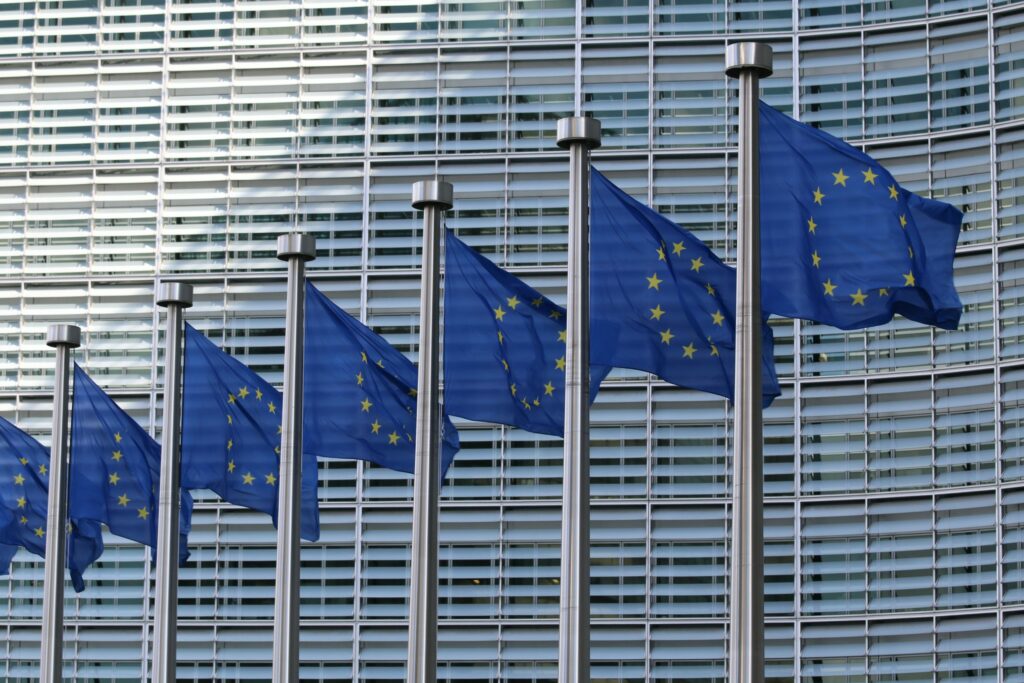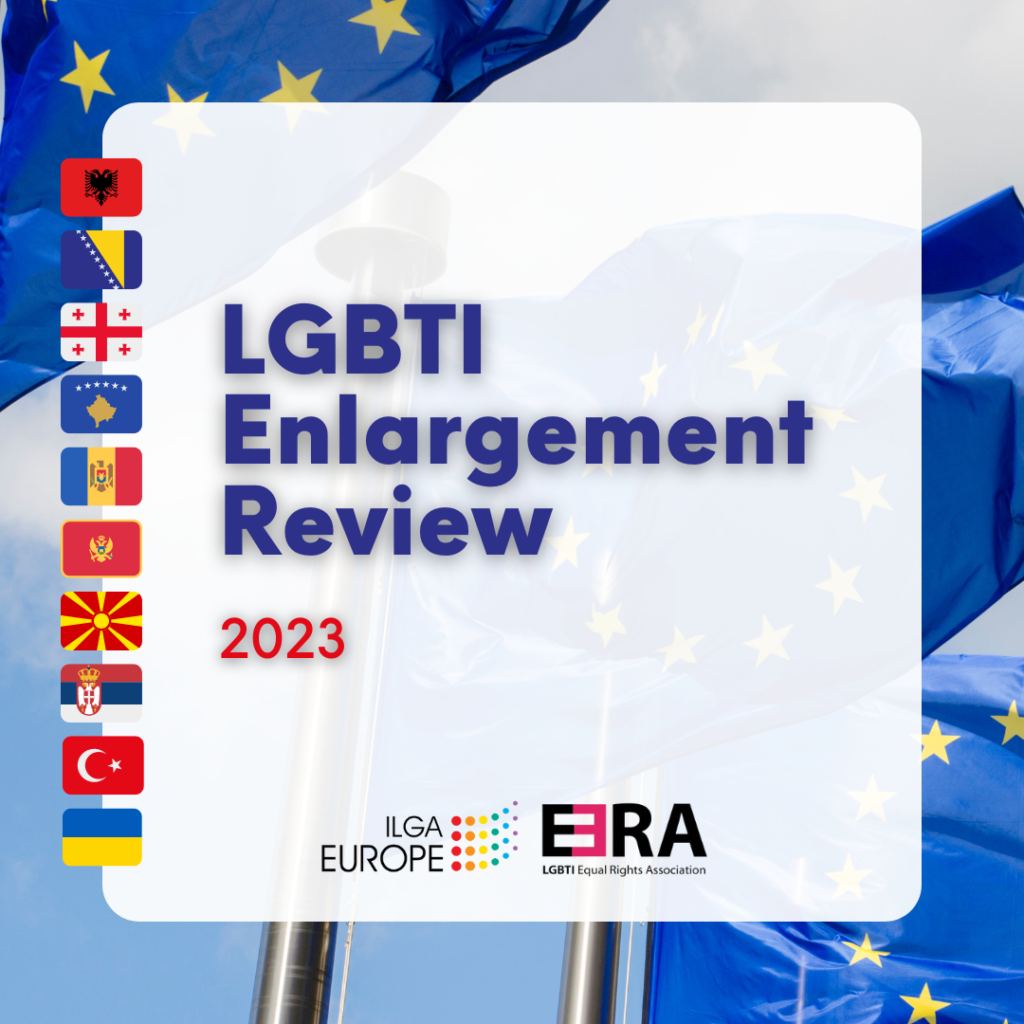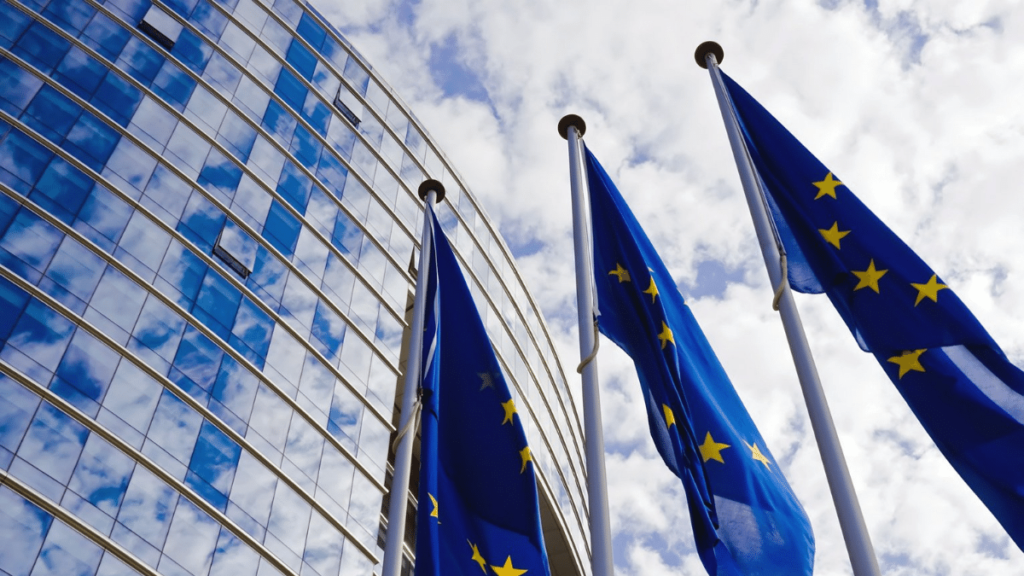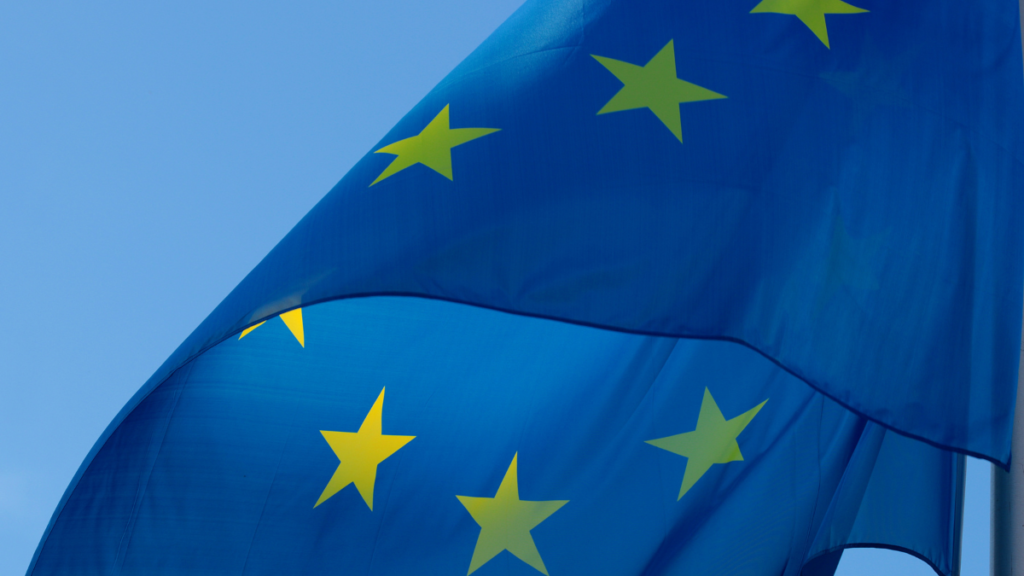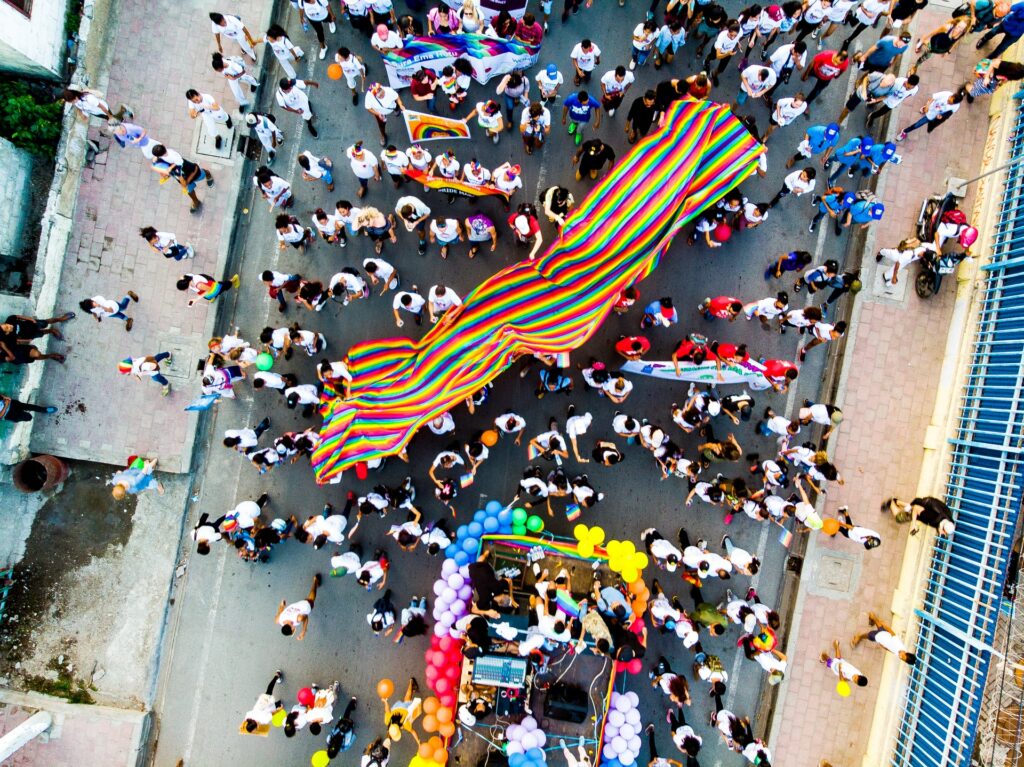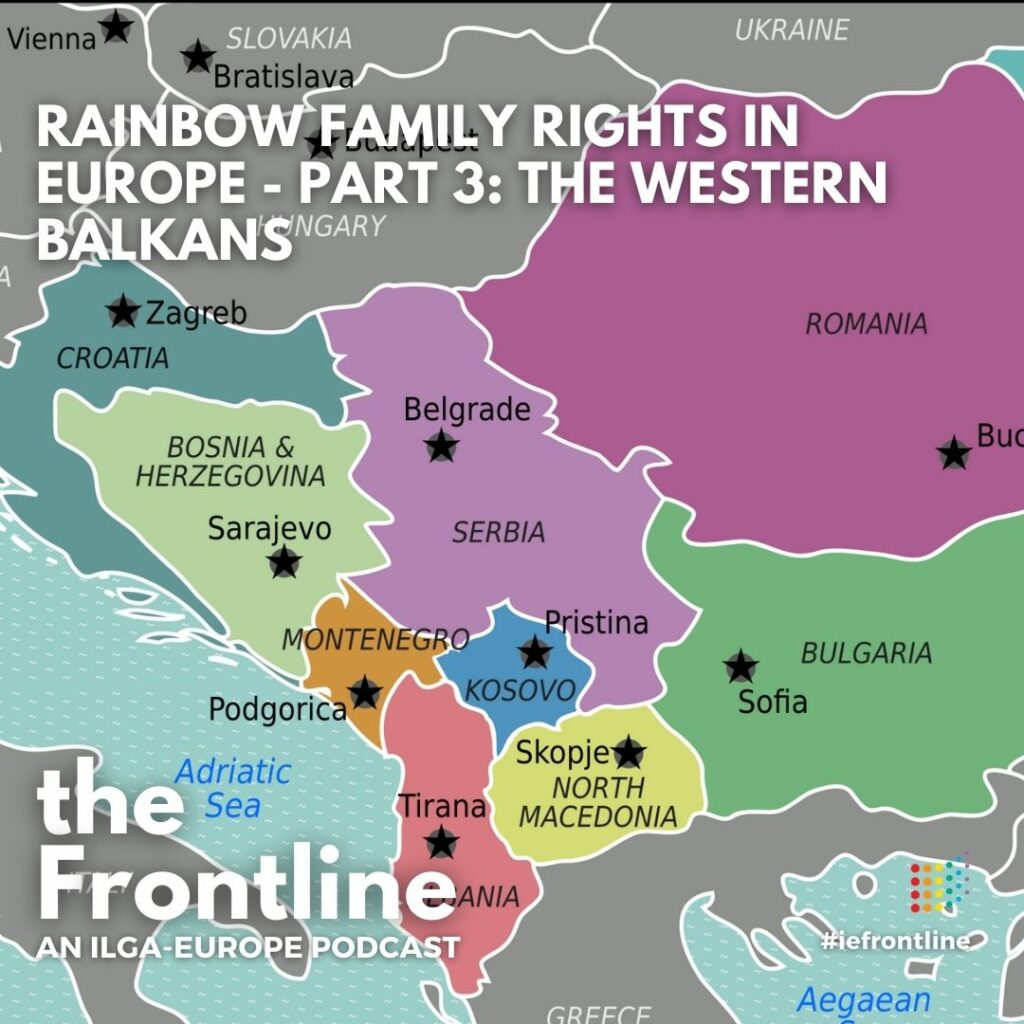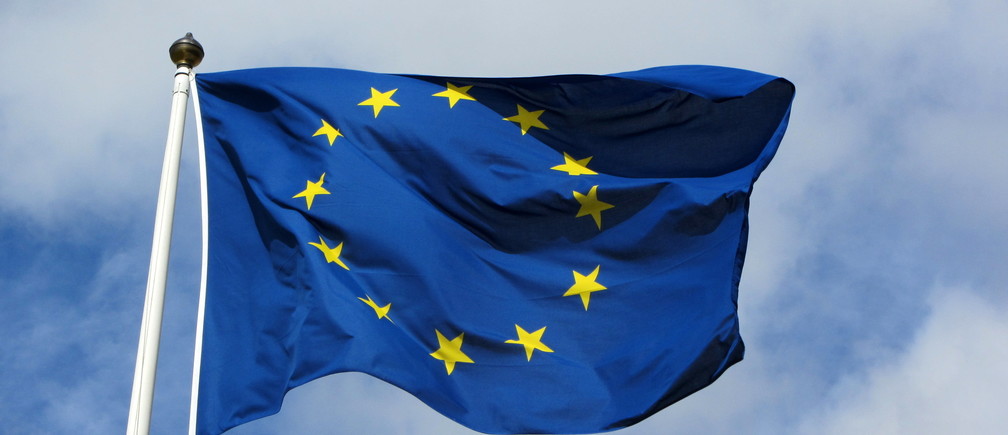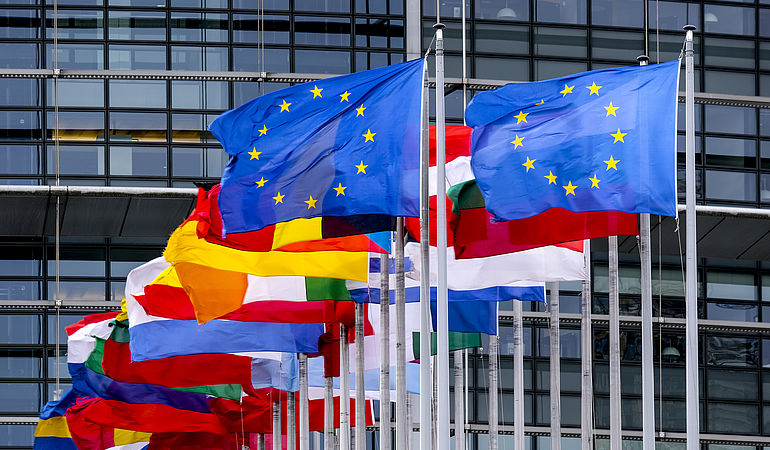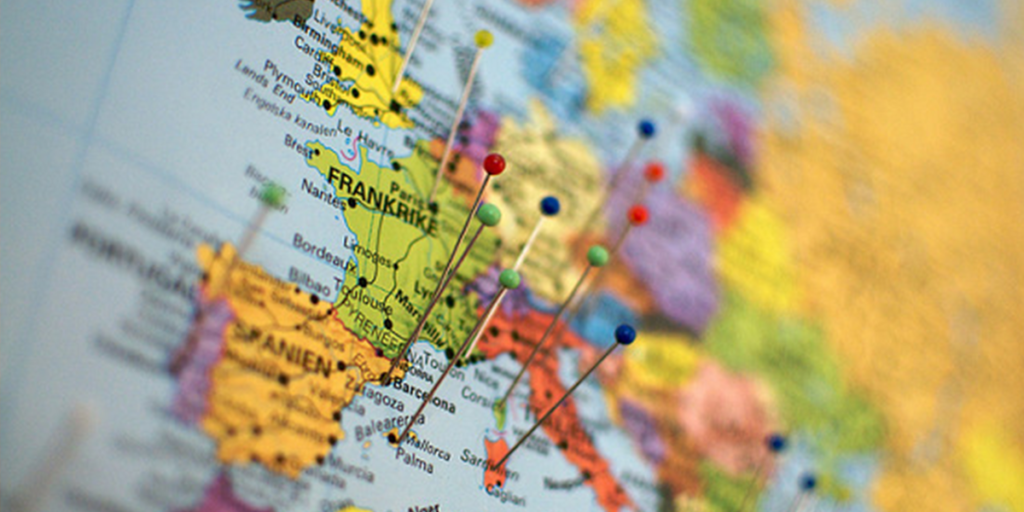Albania
Categories Score
The full bar chart stands for 100%, and is filled by the country category score. The colour display uses the traffic light palette, with Green representing a score closer to 100% and Red a score closer to 0%.
ASYLUM
This category looks into laws that expressly include SOGISC as a qualification criteria for seeking asylum. We also take into account other legislation, policies, instruction or positive measures by state actors that are related to asylum addressing the needs and rights of LGBTI asylum seekers and refugees.
Criteria Compliance Ratio
Each pie charts stands for a category and is divided in slices by criteria. When a country complies with a criteria – fully or in some regions – the slice is coloured.
Keep in mind the criteria have different weighting factor within a category; for example, the criteria Prohibition of medical intervention without informed consent (intersex) stands for half (2.5%) of the INTERSEX BODILY INTEGRITY category weighting factor (5%). Meaning that even if a country can only comply with this specific criteria within the category (1/4 total criteria) the category scores 50%.
More information on the categories and criteria weighting factors here.
Category & Criteria Table
The table lists detailed information and insights on legislation supporting each criterion status. Please use the filters for in-depth analysis.
n/a = not applicable, meaning the criteria didn’t exist in the previous Rainbow Map edition (PROGRESSION column)
- Complies
- Applicable in some regions only
- Does not Comply
RECOMMENDATIONS
In order to improve the legal and policy situation of LGBTI people in Albania, ILGA-Europe recommend:
- Adopting legal measures to recognise and protect same-sex couples, such as registered partnership.
- Adopting a hate crime law which expressly mentions of SOGISC.
- Adopting a fair, transparent legal framework for legal gender recognition, based on a process of self-determination, free from abusive requirements (such as sterilisation, GID/medical diagnosis, or surgical/medical intervention), and including access for non-binary individuals, and allowing for name change without obstacles, including no age restriction.
Annual Review of ALBANIA
In our Annual Review of the Human Rights Situation for LGBTI People in Europe and Central Asia, we examine the advances made and provide concrete examples of on-the-ground situations at national level country-by-country in the 12 months from January to December 2024.
Read our Annual Review of Albania below for more details and stories behind the Rainbow Map. You can also download the Annual Review chapter (.pdf) covering Albania.
-
Amidst public consultations for a new draft law on sexual and reproductive health, the Pro-Family and Pro-Life Coalition launched a disinformation campaign against the LGBTI community. The Coalition falsely claimed that surrogacy provisions are part of an agenda to infiltrate Albanian families. Members asserted that the “aggressive gay agenda” aims to take babies from mothers and give them to trans men, accusing the LGBTI community of “playing with the blood of Albanian babies.”
On May 21st, Albania’s “Alliance Against Hate Speech,” issued a statement expressing concern over the recent surge in hate speech targeting the LGBTI community and human rights defenders. The statement noted that social and media platforms were rife with offensive language, derogatory comparisons and threats, affecting not only the IDAHOT 2024 campaign but also unrelated events. The Alliance underscored that respecting the rights of any community does not undermine the rights of others and urged responsible institutions to address hate speech, especially when propagated by public figures or those in positions of power, as it can cause significant harm.
On May 23, the Pro-Family and Life Coalition organised the “Manifesto of Life” rally following a symbolic marriage ceremony of two women at the Tirana Municipality. At the rally, the coalition began collecting signatures for a ‘Pro-Family’ petition.
Participants falsely claimed that the LGBTI community aims to depopulate the country and impose hormone replacement therapies on children. The coalition filed a criminal complaint against the mayor of Tirana, seeking to open a criminal investigation. They accused him of abuse of duty, alleging that he had used his position to improperly promote the LGBTI agenda.
Aleanca LGBT has taken proactive measures against hate speech spearheaded by the anti-LGBTI movement by lodging a series of seven complaints for incitement of hatred before the Prosecutorial Services of Tirana and one discrimination and hate speech complaint before the Commissioner for Protection from Discrimination.
In October, the Balkan Investigative Reporting Network (BIRN) reported the worsening of prejudice against LGBTI people due to the rise of discriminatory comments from politicians in Albania. BIRN reported that Adriatik Lapaj, leader of the minor Shqiperia Behet party, reignited a public debate on same-sex marriage and adoption by posting discriminatory comments on Facebook in early October.
-
An annual questionnaire by Aleanca LGBTI revealed that 42% of the LGBTI respondents personally experienced violence or discrimination in the past year. Notably, 71.3% of these incidents were linked to their being LGBTI. Likewise, 32% of
respondents were acquainted with another LGBTI person who faced similar issues. Despite the provisions put in place by the law “On Protection from Discrimination”, public education on protection against discrimination remains notably low. Over 63% of respondents were unaware of the Commissioner for Protection against Discrimination’s existence. Equally noteworthy, 85% of respondents who encountered discrimination never lodged a discrimination complaint with the Commissioner’s office.
In May, a trans woman was attacked by a group of men near Tirana municipality.
Also in May, a group of minors threw stones at the representative of the LGBTI Alliance in Tirana. A participant in Tirana Pride 2024 faced similar violent behaviour.
A couple of lesbian activists faced stoning attacks twice near their neighbourhood. Despite filing official complaints, the victim’s efforts to seek justice were unsuccessful.
-
The situation for intersex people in Albania remains uncertain, as the country lacks legislation that enforces a comprehensive ban on non-consensual and non-therapeutic surgeries on intersex infants and precise data regarding the number of intersex babies born is unclear. While a series of laws mandates that individuals undergoing surgical interventions must provide expressed consent, intersex infants often undergo such procedures at a very young age, before they have the legal capacity to give consent.
Surveys conducted by Aleanca LGBTI between 2020 and 2024 revealed that approximately 2% of respondents, out of around 420 surveyed, reported having been subjected to non-consensual interventions as infants.
-
Data from Aleanca LGBT’s annual questionnaire revealed that LGBTI people frequently encounter obstacles in accessing education due to their sexual orientation, gender identity, and sex characteristics, with 30% of those unable to complete compulsory education citing discrimination and economic challenges as significant factors. The questionnaire identified educational settings as primary sites of discrimination against LGBTI people, with approximately 63% of respondents believing that teachers and school principals remain uninformed about LGBTI issues, despite efforts to train educational staff under the National Action Plans (2016-2024).
Over the past five years, Aleanca LGBT documented 25 cases of individuals leaving education due to bullying and societal pressure, with 80.2% of LGBTI victims never reporting discrimination out of fear of exposure and further mistreatment. Sex education that omits the existence of LGBTI people and doesn’t provide any supportive information leaves them with fragmented knowledge on relevant issues. 93% of respondents confirmed that their school curricula lacked accurate LGBTI-related information.
-
Aleanca LGBT reported that about 70% of respondents to its annual questionnaire found themselves uninsured and in unstable economic situations. The Labour Code, amended in December 2015, prohibits discrimination in employment and professions based on sexual orientation and gender identity (SOGI). Despite these legal protections, in 2024 a significant 57.8% of respondents reported never having been formally employed under a legal contract, while one-third are currently unemployed, which indicates systemic barriers and discrimination within the workforce. Furthermore, 26.7% of those currently employed reported experiencing harassment and prejudice in the workplace due to their SOGI. Notably, 71.3% of these incidents were linked to their being LGBTI, highlighting the ongoing discrimination and hostility faced by LGBTI workers.
-
Recent misinformation and hate speech targeting the LGBTI community in Albania contributed to increased incidents of discrimination and harassment. Many LGBTI people face hostility in the workplace, schools, and within their families, resulting in social isolation leading to mental health challenges like anxiety and depression. The pervasive fear of public exposure forces many LGBTI people to hide their identities, denying them the basic freedom to live authentically.
-
On May 19, two lesbian women held a symbolic marriage ceremony on the terrace of Tirana City Hall, marking the first unofficial same-sex marriage in Albania. The couple had previously submitted a marriage declaration request to the Office of Civil Status, citing their constitutional right to marry as per Article 53, despite the Family Code reserving this right for heterosexual couples. The ceremony, officiated by British Methodist Church pastors, sparked a surge of hate speech from the Pro-Family and Life Coalition and various religious organisations.
In September, Aleanca LGBTI started the first strategic litigation case concerning the legal recognition of a lesbian couple by filing a request for marriage before the Civil Registry Office. The case was presented before the Administrative Court of First Instance in December.
-
Currently, there are no legal provisions in the Republic of Albania that restrict individuals from discussing or reporting on LGBTI issues in the media. Additionally, no laws limit LGBTI people from assembling in public or private, forming associations, registering organisations, or holding events. However, in August, the Executive Director of Aleanca LGBTI was summoned by police to address a legal complaint received via email. The complaint alleged that the organisation’s logo, which features a double- headed eagle with one half coloured in rainbow, was derogatory and offensive to national symbols.
-
To address the economic precarity faced by LGBTI people in the country, sexual orientation and gender identity have been recognised as eligibility criteria for social housing.
The law on social housing (Law no. 22/2018, “On Social Housing”) establishes a framework for providing affordable housing to vulnerable populations, including the LGBTI community. It aims to ensure access to housing, particularly for individuals facing discrimination, such as trans people, who are disproportionately affected by housing issues. Between 2019 and 2024, for instance, 22 trans women were evicted from their homes solely based on their gender identity. Many LGBTI individuals view the capital city as the only place where they can live free from violence, leading to increased demand for housing there. However, a significant barrier to accessing social housing is the lack of trust in the system, as concerns about compromised confidentiality during the application and assessment process deter many from applying. The effectiveness of this legislation is further undermined by the absence of essential bylaws, which complicates proper implementation. As highlighted by an article on portavendore.al, many institutions continue to rely on outdated provisions from previous laws when applying the current legislation, thus hindering progress and reinforcing legal gaps that continue to restrict the LGBTI community’s access to adequate housing.
-
In July, the United Nations Independent Expert on Protection Against Violence and Discrimination based on Sexual Orientation and Gender Identity emphasised the need to address legislative gaps by establishing a straightforward and affordable administrative procedure for legal gender recognition. Additionally, he recommended taking steps to make schools safe and inclusive environments for all children and called for improvements in the processes for reporting, documenting, and investigating bias-motivated crimes.
-
Despite numerous recommendations directed at Albania, a legal framework for gender recognition remains absent in the country. This deficiency leaves many trans people without essential documentation that accurately reflects their gender identity, perpetuating discrimination and stigmatisation while also limiting access to healthcare and other critical services. The Ministry of Health and Social Protection introduced a new Medical Protocol on Hormonal Treatment for Trans People, but effective implementation necessitates further capacity building among medical professionals to ensure they can provide appropriate support to trans people.
In September, Aleanca LGBTI commenced a strategic litigation case seeking legal recognition of a trans woman’s gender identity before the Civil Court of First Instance of Tirana. Simultaneously, Ylberofilia, in collaboration with the Albanian Committee of Helsinki, continues to advocate in court for the right to amend personal information on identity cards.
The full Annual Review for 2025 is available here.

